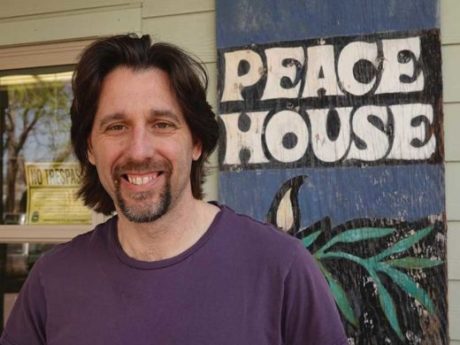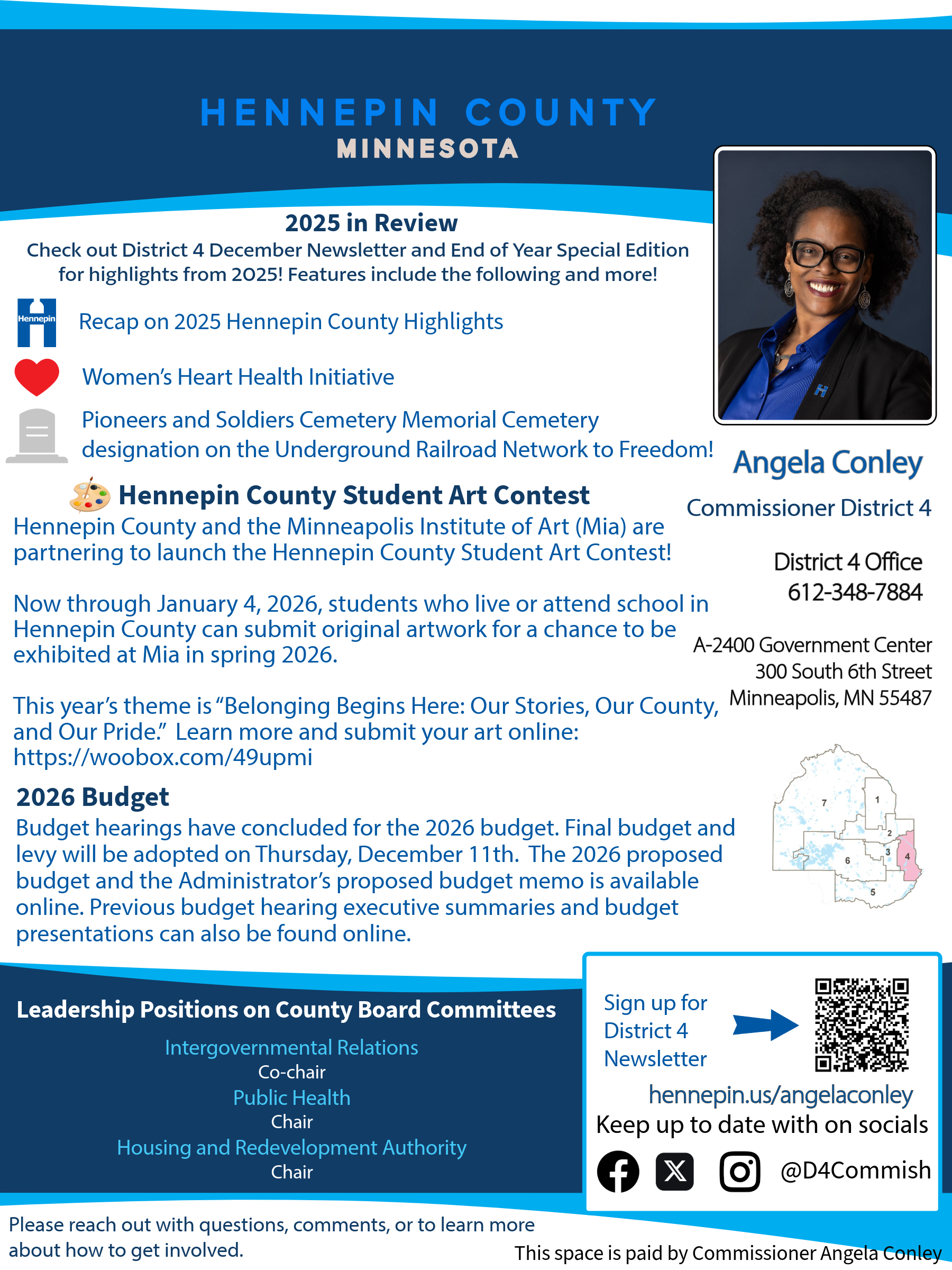By MARTI MALTBY

During a recent discussion at Peace House Community regarding our favorite childhood board games, one of our volunteers brought up some experiments that showed that people who felt they were richer than those around them became less compassionate and less willing to help others. If you’re wondering about the connection between the two, one of the experiments involved a game of Monopoly where one player was given twice as much money as the other player, was allowed to roll two dice where the other could only roll one, and was generally given every advantage imaginable. Almost universally, the winners (those with all the advantages) claimed they won because of their superior strategy, and said almost nothing about the way the game was rigged in their favor.
(If you want a summary of the experiments, which has some really funny moments, check out Paul Piff’s TED Talk “Does Money Make You Mean?” at https://www.ted.com/talks/paul_piff_does_money_make_you_mean.)
I happened to know about the experiments the volunteers mentioned, but just at that moment I missed the import of what we were really talking about. I thought we were making a minor digression from our main topic, but it was only later that I realized we had been discussing the life lessons that games teach us. Zoe, the volunteer, hadn’t been the first person to mention Monopoly during the conversation. The community member who actually brought Monopoly into the discussion said he liked it and the Game of Life because they both taught him about making decisions with money, and how those decisions would affect him later on. He learned that choosing option A today makes outcome F more likely down the road. He grasped that he had the power to make his later life better or worse than it was today. At the same time, he found out that a roll of the dice could derail all his plans, and that he did not control everything that would happen to him. But more often than not, he said, if you made wise decisions early on, the outcome was worth the investment.
This idea that board games played as children prepared us for life as adults came up again and again in different forms throughout the conversation. One community member mentioned how she didn’t want to play a new game with someone who would say, “Don’t worry. You’ll catch on.” She realized she should play new games and learn new skills only if another player was willing to teach her the rules and invest time in her. Someone else talked about realizing the difference between playing for fun and playing to win. Another community member spoke about the anger that resulted when two players had grown up with different variations of the same game and couldn’t agree on the rules once the game had started.
Over and over, we realized that board games were a microcosm of life in the “real” world, and a great way of learning adult lessons while still young. Whether we were gaining skills, or recognizing something about ourselves, the games taught us important lessons while the costs of failure were small. That’s one lesson I wish I had learned sooner.
Marti Maltby is an avid cyclist, Director at Peace House Community, and an obnoxiously proud Canadian.









